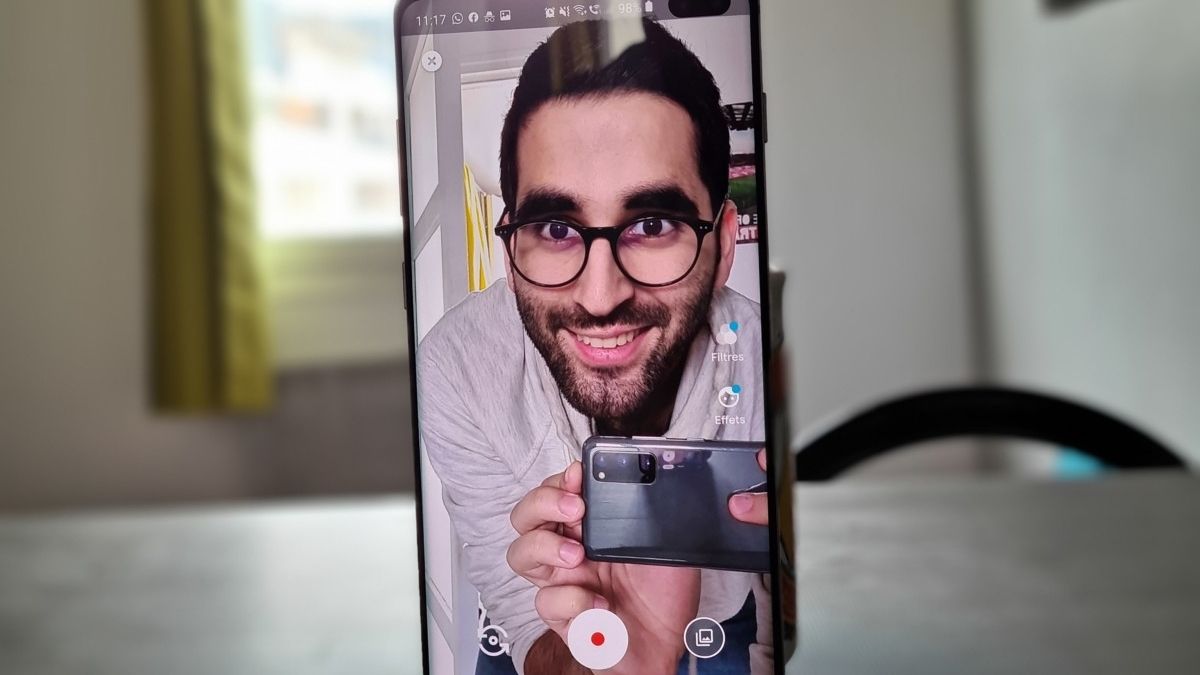Google Duo’s new feature can transcribe voice messages

It looks like Google is on a rampage to bring out new updates to its sister apps. Google Duo would soon welcome a new feature that would allow automatic transcription of received voice messages. This would be helpful for those with hearing impairment, and also those who listen to the same message over and over again to transcribe a note.
Google Duo is best known for making video calls easier for everyone. The online video calling platforms have seen a surge in its usage because of the confinement. Many people are working from home using this app, and some institutions are offering classes online through this app. The app allows its users to record voice or video messages to send them to a recipient for later consultation.
The newly added feature of transcribing the messages received will be an added gem to Google Duo’s crown. The teams of XDA Developers have activated an option on Google Duo 82 that sends audio tracks of voice messages received to Google servers for the server to transcribe them. The question of storing user information comes in here.
With all the social media platforms getting for its lousy user privacy settings, it almost becomes imperative for users that their data or information does not get stored by the said social media platform. So, it is specified that the company does not store the data received for the transcribing process.
As mentioned before, it would be helpful for people with hearing impairment. It will also come in handy for the times the user speaks too fast for the recipient to completely comprehend what the other person is saying or is the sender is speaking in a foreign language. So instead of playing the voice note over and over again for trying to fully comprehend the text, Google’s algorithm would do that.
However, for their first tests, the messages transcribed were not completely accurate but the developers have a noisy environment to blame, the low level of voice. When the option is available, a “CC button will show itself in the Duo interface. It is not yet known when this service will be available.

No comments